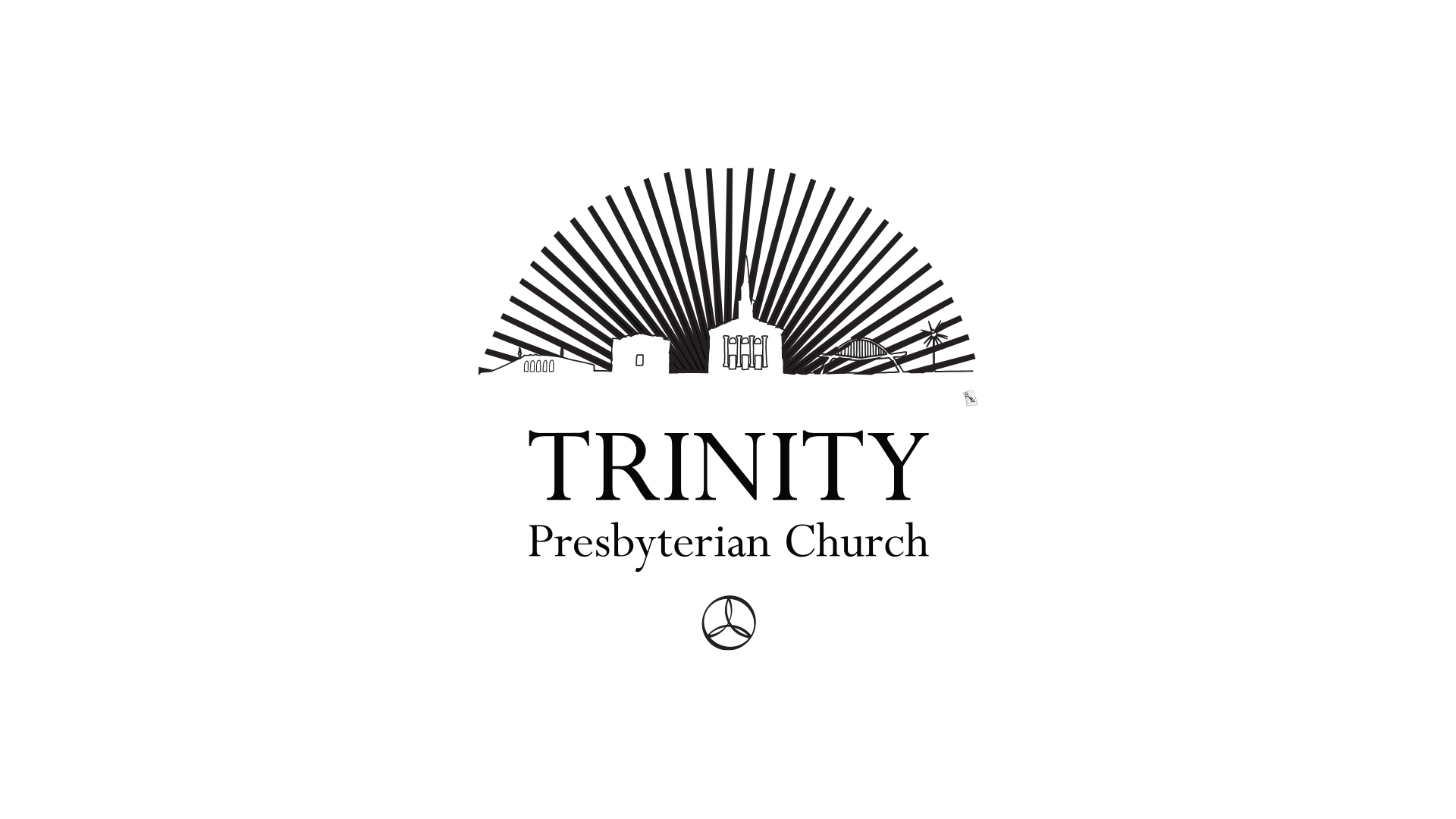How do you view words? And how do you use them?

Jesus said: “I tell you, on the day of judgment people will give account for every careless word they speak, for by your words you will be justified, and by your words you will be condemned.” (Matthew 12:36-37)
Chilling and sobering words. So accordingly, how do you view words? And how do you use them?
By Scripture (implicitly by written words), we’re told that God used words (verbally spoken words) to create everything that exists. So words are powerful. And accurately used words matter because God’s Law clearly encourages honesty and forbids dishonesty (“You shall not bear false witness,” Exodus 20:16). And by the earliest lessons in logic (from Aristotle, for example), we know that words mean whatever they mean, and not the opposite of what we mean. (Aristotle taught us that A cannot = non-A at the same time and in the same relationship; it’s called the Law of Non-Contradiction). Whatever cold means in reference to a temperature, it doesn’t mean its opposite, hot. And vice versa.
So it’s fascinating to consider the alternative viewpoints that increasingly are being used today where words are wielded in contradictory ways. When expressing a viewpoint someone likes, words are given the most flexibility, even elastic powers. It’s as if in making your point that the laws are suspended, and people can say anything they want. But, when words are used to question or even counter a viewpoint, then they are black and white. (“Yes, but you said ________!”) It’s as if to question or disagree at all is to hate, almost as if words alone can kill.
What can possibly help us in such a dark and bewildering time?
This is not a new problem! In Isaiah, ca. 750 B.C., the LORD warned His people of impending judgment if they didn’t repent of their unfaithfulness to Him. And the similarities are telling: “Woe to those who call evil good and good evil, who put darkness for light and light for darkness, who put bitter for sweet and sweet for bitter! Woe to those who are wise in their own eyes and shrewd in their own sight!” (Isaiah 5:20-21)
Therefore first, we need to hold onto the conviction that words — even the smallest ones — matter. And by God’s good design, we should be people who use words with accuracy and care.
Second, we need to agree with God’s Word that we are law-breakers and use words to go on record against ourselves as sinners — as liars, as rash slanderers, as gossips, as fools — who have ignored God’s good Words to us and have abused our ability to use words at all as we speak.
Third, we can turn back to the best words ever given in God’s promises of His saving Grace. We can trust the Gospel. We can trust every word God has given us to promise the coming of a Savior (in the Old Testament) and to reveal the fulfillment of all of those promises (in the New). “There is salvation in no one else, for there is no other name under heaven given among men by which we must be saved.” (Acts 4:12). We can take up the words Jesus gave us and make them our own — that we cannot save ourselves and yet that He can and He has, by His life, death, resurrection and the outpouring of His Spirit.
And then, lastly, we can apply ourselves to be wordsmiths — craftsmen of words — who have integrity. Said simply that we live what we say. That we don’t out-punt our coverage. That we refrain from speaking far more often, and that whenever words are in play, to believe that they matter. That because of God’s good design and our redemption in Christ, that we want to: “Do [our] best to present [ourselves] to God as one approved, a worker who has no need to be ashamed, rightly handling the word of truth.” (2 Timothy 2:15)
More in Announcements
April 18, 2024
I know this seems really odd, but ...April 5, 2024
How do you feel about seeking something that's lost?March 14, 2024
Continuity and Change